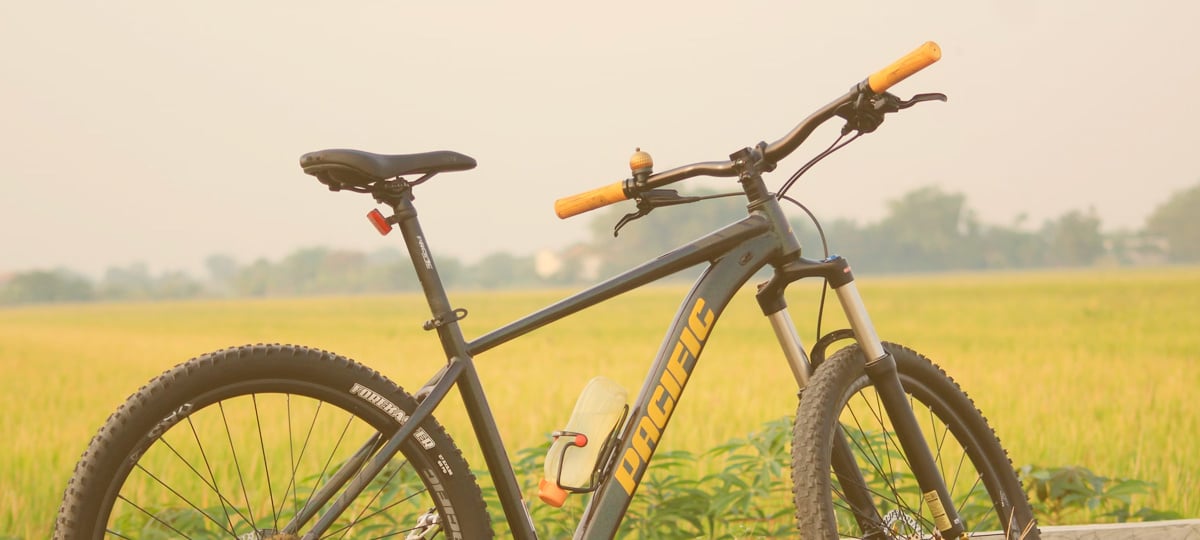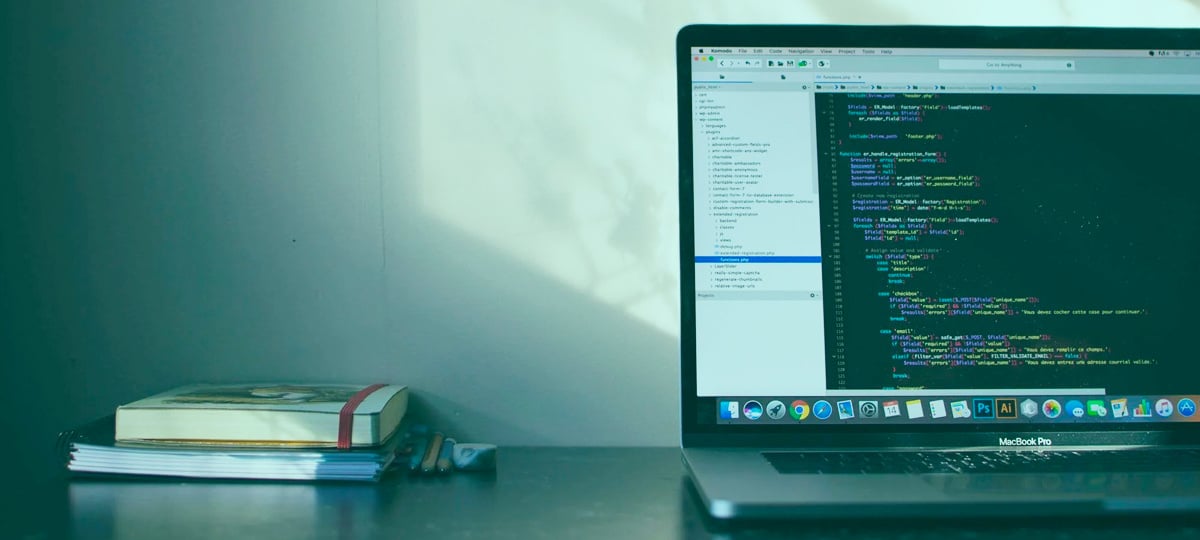
Babies are unquenchably curious. They stick their feet in their mouths, wobble around sharp corners faster than they should, and take a bite out of the charcoal you were using for your barbecue to almost instant regret and tears. Their daily experiments may seem silly to us, but they're not. In a strange way, everything a baby does is highly rational.
The explore/exploit tradeoff explains why. Every time we make a decision, we either try out something new or stick with what we know. We either explore to gather new information or exploit to use the information we already have. A few examples:
- Do we order from a new restaurant (explore) or from our favorite one (exploit)?
- Do we learn a new language (explore) or stick with JavaScript (exploit)?
- Do we meet new people (explore) or visit our friends (exploit)?
Scientists across many different fields, from psychology to economics to computer science, have heavily studied the explore/exploit tradeoff. In most real-life scenarios, it's an intractable problem, which means that there's no optimal solution that tells you when you should explore and when you should exploit.
However, one variable is a good indicator of which option someone will choose: time. For everyday decisions, we optimize the explore/exploit tradeoff across our entire lifespan. The younger we are, the more likely we'll still want to explore. The older we are, the more we'll want to exploit.
That's why babies stick their feet in their mouths and why the elderly stick to what they know. They're at different points in their lives. But there's just a little more to it than that.
The explore/exploit tradeoff is intractable in real-life scenarios because there's no clear cut-off point. There's no point in time when someone will suddenly move from all explore to all exploit. It's a gradual transition.
At least, it's supposed to be. But many of us stop exploring too soon. We're in our thirties, forties, fifties, and we assume we have all the information we need to stop exploring. We stop trying new things, we stop looking for adventure, we stop learning, and ultimately we stand still and our lives grow grey and dull and we don't understand why.
But if we err on the side of exploring regardless of our age, we roll ourselves back on the young <> old axis of the tradeoff. If we stay childlike in our curiosity, in a way, we grow younger. So we must fight against our urge to exploit. The world is rich, weird, and mind-bogglingly interesting, but only if we keep trying new things.
TABLE OF CONTENTS



